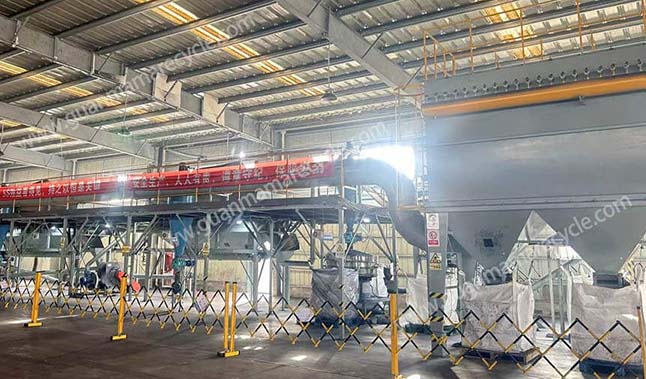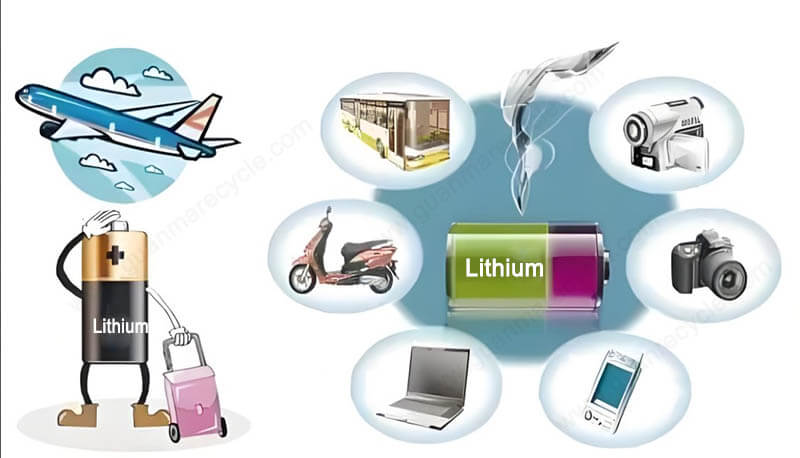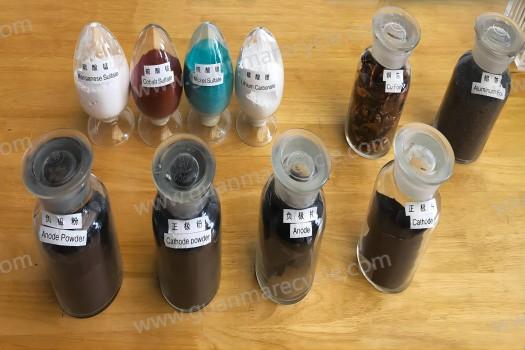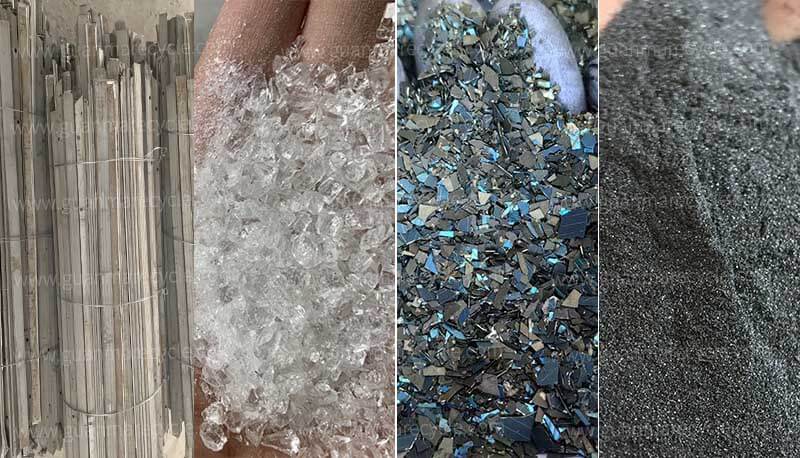The global shift towards renewable energy and electric vehicles (EVs) has led to a significant increase in the demand for lithium-ion batteries. As these batteries reach the end of their life cycle, the need for efficient and sustainable lithium recycling business models has become more pressing. Starting a lithium recycling business can be a lucrative venture, offering both environmental and economic benefits. This comprehensive guide will walk you through the key steps to establish a successful lithium battery recycling plant, from initial planning to operational excellence.
1. Conduct Market Research
Before diving into the business, thorough market research is essential. Understand the current trends, demand, and competition in the lithium recycling industry. Key areas to explore include:
Market Demand: Analyze the growing demand for lithium-ion batteries in industries such as automotive, consumer electronics, and renewable energy.
Competitive Landscape: Identify existing players in the market and study their business models, strengths, and weaknesses.
Regulatory Environment: Familiarize yourself with local and international regulations governing the collection, transportation, and recycling of lithium-ion batteries.

2. Develop a Business Plan
A well-crafted business plan is the foundation of any successful venture. Your plan should cover the following aspects:
Executive Summary: Provide a concise overview of your business, including your mission statement, business model, and key objectives.
Market Analysis: Present your findings from the market research, highlighting the opportunities and challenges in the lithium recycling industry.
Operational Plan: Outline the processes and technologies you will use to recycle lithium-ion batteries. Consider the layout and equipment needed for your lithium battery recycling plant.
Financial Plan: Estimate the startup costs, projected revenues, and profitability. Include details on funding sources, such as loans, investors, or grants.
3. Secure Funding
Starting a lithium recycling business requires significant capital investment. Explore various funding options to finance your venture:
Bank Loans: Apply for business loans from banks and financial institutions. Prepare a detailed business plan and financial projections to increase your chances of approval.
Grants: Research and apply for government grants and subsidies that support green initiatives and sustainable businesses.

4. Choose the Right Location
Selecting the right location for your lithium battery recycling plant is crucial. Consider the following factors:
Proximity to Suppliers and Customers: Choose a location close to your sources of batteries and potential customers to reduce transportation costs.
Zoning Regulations: Ensure that the location complies with local zoning laws and environmental regulations.
Infrastructure: Look for a site with good access to utilities, transportation, and waste management facilities.
5. Acquire the Necessary Equipment
Invest in high-quality equipment to ensure efficient and safe operations. Key equipment for a lithium battery recycling plant includes:
Shredders and Crushers: Used to break down the batteries into smaller pieces.
Separation Units: Employ techniques such as sieving, magnetic separation, and air classification to separate different materials.
Leaching and Extraction Systems: Use chemical solutions to dissolve and extract valuable metals.

Smelting and Refinement Equipment: Convert the extracted metals into usable forms.
Starting a lithium recycling business is a strategic investment that aligns with the global shift towards renewable energy and sustainable practices. By following the steps outlined in this guide, you can establish a successful lithium battery recycling plant that meets the growing demand for recycled materials. Whether you are a small-scale operator or a large-scale enterprise, the key to success lies in understanding the market, choosing the right equipment, and adhering to best practices.
For more information on starting a lithium recycling business or to discuss potential solutions for your specific needs, feel free to contact us. Our team of experts is here to provide comprehensive support and ensure a successful and sustainable recycling operation.


